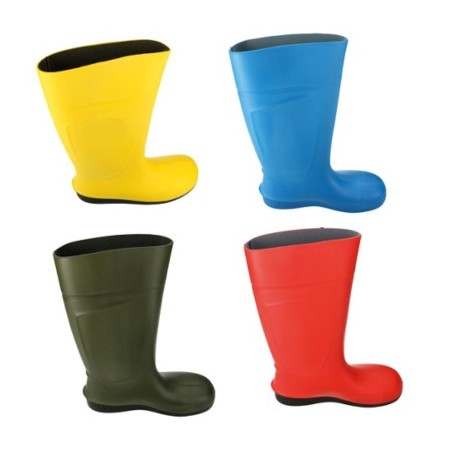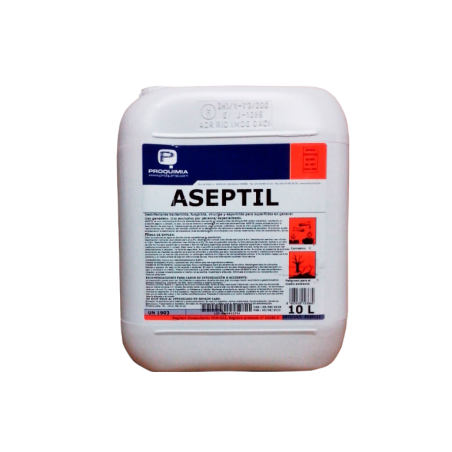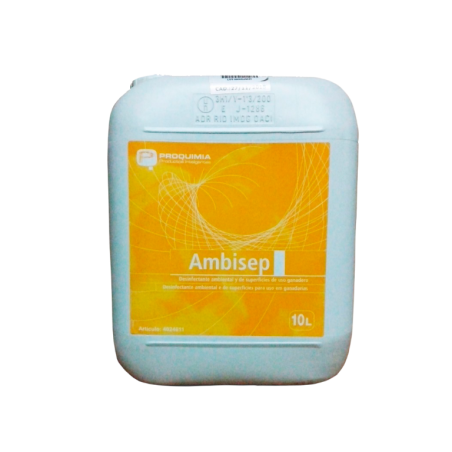According to European and Spanish regulations, all animal transport vehicles must be cleaned and disinfected each and every time pigs are unloaded at slaughterhouses, farms and collection points. However, there are no specific explanations as to how this should be done.
This important task is often underestimated in the prevention of disease spread due to these gaps in legislation or the vagueness of the procedure. Therefore, validation of these processes is key to raising awareness and to monitoring companies and means of transport.

The verification process requires two types of inspections: visual inspection and microbiological validation. In this first article we will outline visual inspection.
Visual inspection is the first and one of the most important points to validate the proper cleaning of an animal transport vehicle.
Visually inspecting the transport vehicle upon arrival at the farm is talked about a lot as a biosecurity measure, but in reality this inspection is not routinely carried out due to several factors:
- Usually the animals are already ready to be loaded and everyone is in a hurry.
- It is a procedure for which biosecurity measures are required: having designated equipment used exclusively for inspection of the vehicle to prevent the entry of what the truck is carrying to the farm, or to avoid contaminating the truck.
- It is difficult to decide what to do if the transport does not meet our requirements right at the time of loading at the farm.
Therefore, it is important to do this inspection before disinfecting the vehicle, as this is the best time to correct any faults in cleaning and to avoid any residual organic matter that could weaken or inactivate the effectiveness of the disinfectant.
The visual inspection should be done using a flashlight and the individual doing the inspection should protect himself and the truck by wearing clean boots, coveralls, and gloves exclusive for each inspection. Using a flashlight is recommended as it will allow us to inspect low light areas such as corners, under doors, etc. We must be very clear about our objectives and expectations regarding cleanliness so that all personnel can be held to the same rules.
The truck must be inspected in parts:
- Animal transport trailer: The doors of the different trailer decks must be opened and closed, paying special attention to the lower deck and the loading back platform as these are usually the dirtiest parts. Every deck must be inspected. Just as on a farm, sawdust residues or residual organic matter that the pressure washer has not been able to remove should not be permitted (Photo 1).
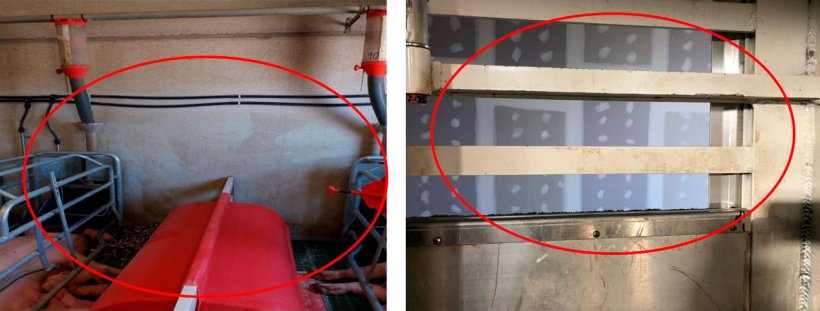
Photo 1: The same mistake is made in farms as in the transport vehicle; the pressure washer has to do all the work.
If this occurs, it indicates poor cleaning that must be corrected "by hand". There is nothing better than water, bleach, and scouring pads.
- The next inspection point is the storage boxes of the truck (Photo 2). In these are theoretically stored "boxes or bags" with dirty material that have been used during the loading/unloading procedure of animals, but also tools and products specific to the truck. All this material must be in separate removable boxes so that they can be taken out when the side boxes are cleaned. This area is critical for visual inspection, as its condition will give us an idea of how the truck may be.
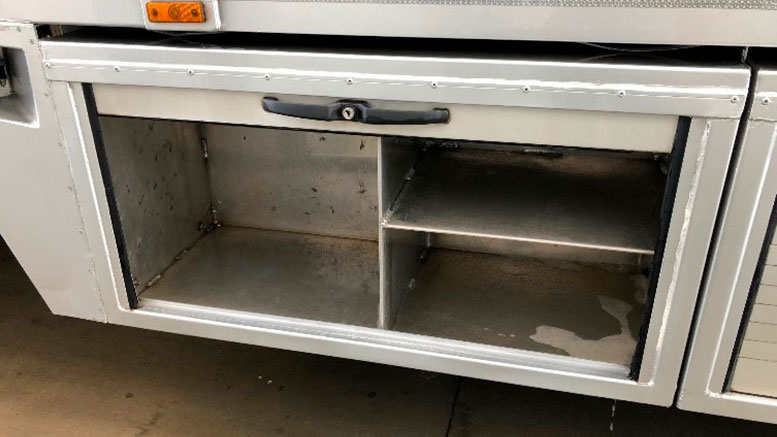
Photo 2: Trailer storage box, cleaned and drained.
In addition, the storage boxes must have drainage holes so that all the liquid from the cleaning can drain out (Photo 2).
- The outside of the animal transport trailer: the undercarriage, wheels, spare tire (this is an area where dirt often accumulates) and the outside of the trailer should be inspected. Be sure to raise and lower the side panels as this is also a critical point (Photo 3).
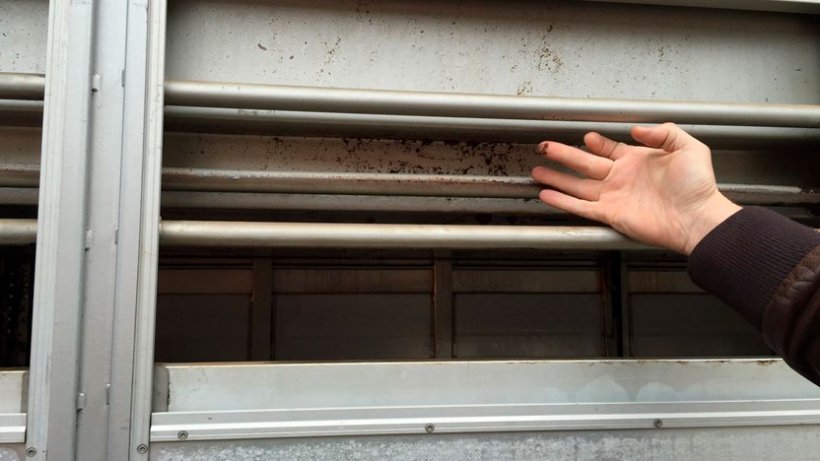
Photo 3: Side panels after cleaning and disinfection
- Cabin: Pay special attention to the general state of the interior (order and cleanliness) and then to the critical points: the driver's door handle, steps, pedals, steering wheel, gearshift, seat belt, and seat. It is best if the seat has a protective cover of non-absorbent material that enables it to be cleaned. Afterwards,inspect the outside of the cabin, wheels, and undercarriage.
- The final part of the inspection should be dedicated to those items that have been cleaned and disinfected outside the truck: items used in unloading, if any (such as pig boards) and mats in the cabin.
Since in every inspection there are many elements to monitor, it is recommended to carry a check-list to make sure that nothing has been forgotten, and use an inspection sheet where we can detail the findings (Photo 4), which will serve as a guide to the person in charge of cleaning the truck to correct the errors found.
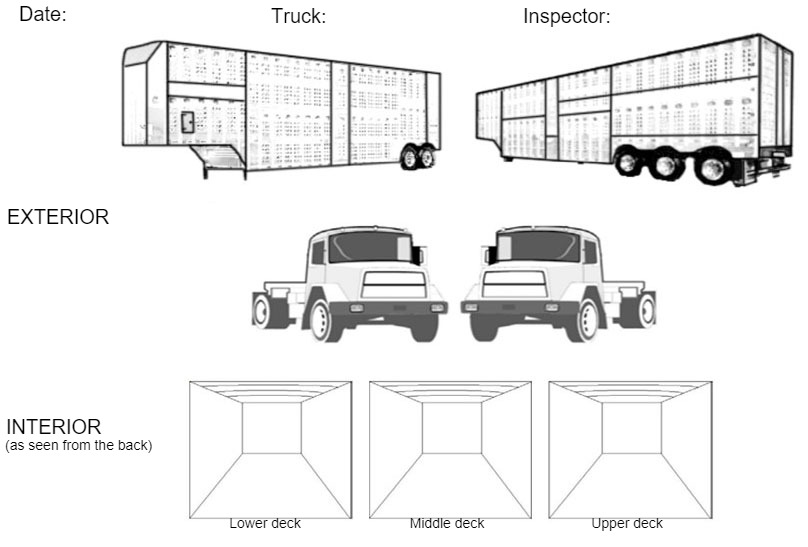
Photo 4: Example diagrams as part of the checklist during the visual inspection
Another useful tool is the use of colored chalk to mark the points that do not pass inspection (Photo 5). This method allows the person who is approving the cleaning to quantify and visualize the number of "errors", and then make the decision whether the vehicle should be re-washed or whether a spot cleaning is sufficient.
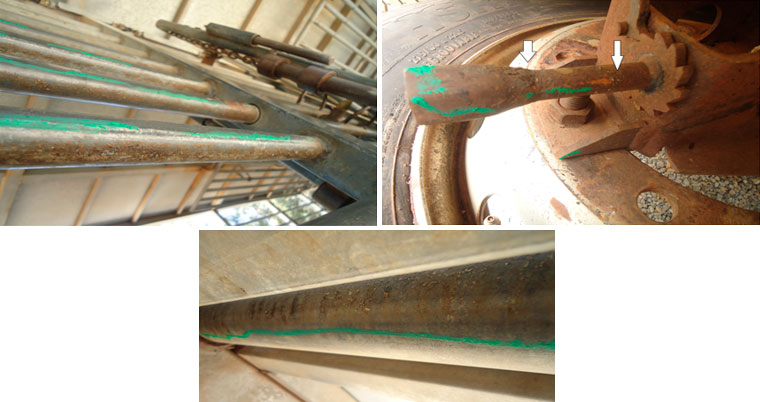
Photo 5: Use of colored chalk to mark the areas that need to be re-cleaned





